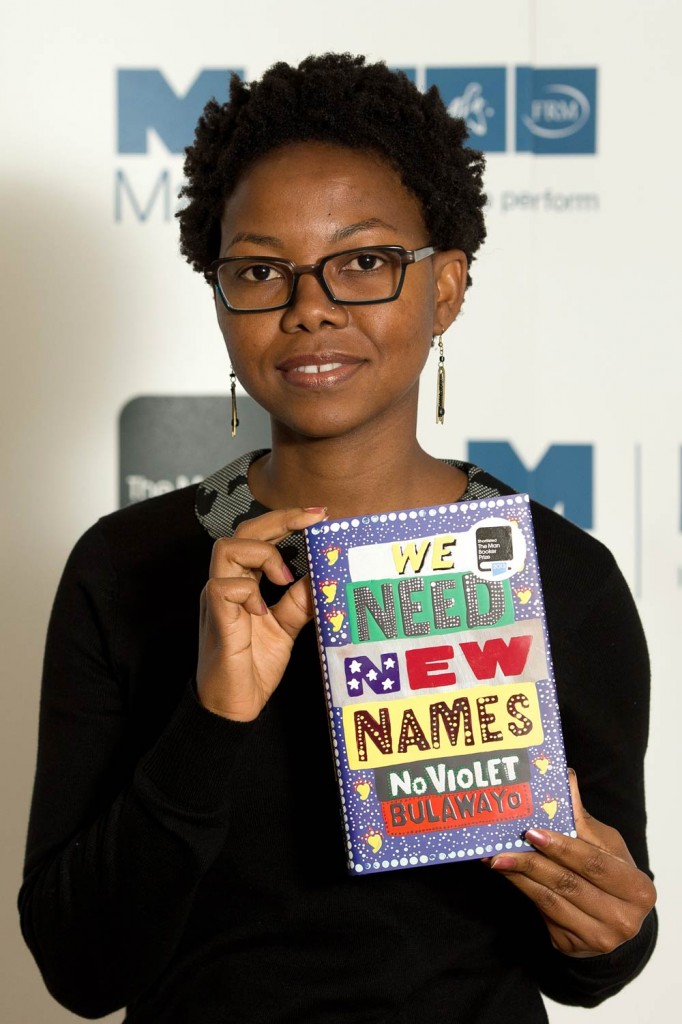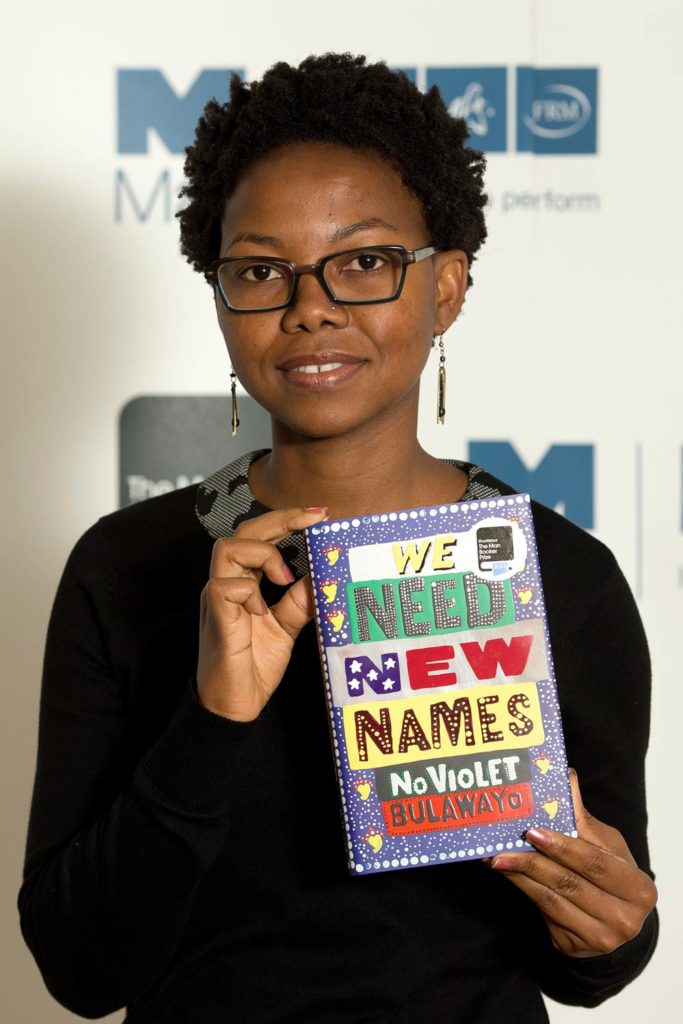
We have to be careful how we position African novels, that we don’t make claims for the African novel that it does not make for itself.
So when someone comes to you looking for a novel that represents Africa or African life, say you can’t help.
A novel is not an anthropological document, meaning that it can only give a peep into life through a very, very, very narrow frame. That’s why it’s dangerous to get into the habit of thinking of novels as expressive of truth and reality.
I remember an American student asking, after reading Things Fall Apart, whether human sacrifice was a thing in Africa. Now imagine your first American novel was American Psycho
, would you ever think to ask an American if most American men were prone to a similar kind of psychosis?
From years of studying British and African novels, I find that people make demands on African novels that they don’t make on other kinds of novels. Whether realist or fantasy, African novels are required to offer direct access to Africa’s way of life.
The truth is that no matter how true-to-life, how history-based a novel such as Things Fall Apart might be, it is first and foremost a fictional work. Things Fall Apart is a fictional representation of life. It is not life. It is not a document on how African fathers kill their foster children. It is not a document on how polygamous marriages work. It is not a document on why Igbo men love yams so much. It is not a document on late 19th century Igbo laws and customs. It is a story.
There is nothing more unattractive and annoying than a naive novel-reader, someone who believes everything they read in novels, who can’t seem to come to terms with the fact that novels tell us very little about real life, even when they claim to do so.
But isn’t this a question as old as Aristotle – the question of how life relates to fiction? Since Aristotle, European philosophers and novelists have written themselves to death about how much of life can be captured in art. The sad thing is that today, Africa bears the burden of the most simplistic understanding of that link between art and life. So many readers go about expecting African novels to tell them a political and anthropological fact about African life.
To be fair, there is a certain sense in which every novel whispers something to us about a real world out there. But you have to love the novel for itself first before you can hear what it says or does not say about that world.
So never encourage anyone to expect an African novel to tell them the truth about Africa and its people. It is far too much to ask a novel. And people who put such a burden on a novel are being lazy, small-minded, and sorta cheap.
If you really want to learn about Lagos, get a plane ticket.
Brittle Paper is an African literary blog featuring book reviews, news, interviews, original work and in-depth coverage of the African literary scene. It is curated by Ainehi Edoro and was recently named a ‘go-to book blog’ by Publisher’s Weekly.
